Frequently Asked Questions About Testosterone
As a TRT clinic, we receive a lot of questions about Testosterone from patients. We’ll go over the answers to our most common Testosterone questions so you can be more informed about this important hormone.

What Does Testosterone Do?
Testosterone is responsible for many processes in the body. It’s an important part of overall health, as well as maintaining sexual health and desire.
Testosterone functions include:
- Maintaining body composition
- Building muscle and burning fat
- Supporting sex drive and sexual function
- Maintaining bone density
- Supporting sperm production
- Encouraging the creation of red blood cells
A Testosterone deficiency can cause symptoms like fatigue, low libido, ED in men and sexual dysfunction in women, negative changes in body composition, and more.
Testosterone Replacement Therapy (TRT) replenishes Testosterone levels to ease these symptoms.
Is Testosterone a Steroid?
Testosterone is a sex hormone that is found naturally in men, and in lesser amounts in women. It’s an anabolic steroid, meaning it encourages muscle and tissue growth among other functions. However, Testosterone medication is not intended to be a steroid in the way that most people think.
Steroids are often viewed as medications that bodybuilders and athletes take illegally to inflate their athletic performance. Separately, steroid medication can be used to reduce inflammation and ease swelling and pain.
While some people may illegally take Testosterone to achieve steroid-enhanced effects, TRT is a legitimate medical treatment to address low Testosterone.
The goal of TRT is to optimize Testosterone levels so patients feel better, have more energy, and find relief from damaging low T symptoms. Testosterone is not prescribed in excessive amounts, and the goal of TRT is to keep T levels consistent over time.
Does Masturbation Decrease Testosterone?
There’s little evidence to support the theory that masturbation decreases Testosterone levels.
During masturbation and intimacy, Testosterone levels rise a modest amount and then fall back to regular levels. These effects are short-term and do not lead to higher or lower Testosterone levels over time.
One study in 1975 found that masturbation had no effect on Testosterone serum levels in the seven subjects tested. Another more recent study found that masturbation may counteract natural Testosterone decreases throughout the day but does not affect the ratio between total Testosterone and free Testosterone.
Overall, masturbation’s modest and short-term effect on Testosterone is not likely to significantly impact serum levels.
Does Working Out Increase Testosterone?
Similar to masturbation, physical exercise has shown short-term effects on Testosterone in men. Testosterone levels rise for a period of time immediately after exercise, particularly high-intensity strength training.
In addition, there is evidence to suggest that intense exercise over time may improve Testosterone levels.
One study found that physically active men had higher Testosterone and sperm counts than men who lived a sedentary lifestyle.
Another study focused on Testosterone levels in obese patients, because obesity is known to cause Testosterone declines in men. This study found that consistent exercise and calorie restriction over twelve weeks increased Testosterone levels in the participants.
While working out likely won’t cure a Testosterone deficiency, it does appear to support healthy Testosterone levels over time.

Is Testosterone a Controlled Substance?
Testosterone is considered an anabolic steroid, and it’s classified as a schedule III controlled substance. This means Testosterone requires a prescription and has limitations on its production, storage, and use.
A controlled substance is a medication that may cause addiction or lead to drug abuse without proper oversight. There are five main types of controlled substances:
- Opioids
- Stimulants
- Depressants
- Hallucinogens
- Anabolic steroids
These substances are labeled on a scale from I to V, with I having the largest likelihood of being abused and V having the least. Schedule III drugs have a moderate to low potential for physical and psychological dependence.
Controlled substances are still valid and useful medications that can treat many conditions when used correctly. But their nature requires more oversight to avoid harmful effects.
Does Testosterone Increase Penis Size?
Testosterone does impact penis size, but only during puberty. Taking Testosterone as an adult will not change the size or girth of the penis.
Testosterone is responsible for the development of male sex characteristics in pubescent boys. This includes facial hair, body shape, muscular build, and the development of reproductive parts.
Once a man has matured, Testosterone no longer affects size, but it does still impact sexual function and sex drive. Low testosterone often causes erectile dysfunction (ED) and low libido, which can impact your sex life. TRT can relieve ED to help you have longer lasting and more satisfying sex.
Do Onions Increase Testosterone?
Onions seem to have a modest effect on Testosterone. Studies show that consuming onions or onion supplements may increase Testosterone by affecting the production of Luteinizing Hormone (LH) and acting as an antioxidant against free radicals. Most studies focused on rats, and further research is needed.
While onions appear to have a slight effect on Testosterone, they are not likely to treat low Testosterone in men. Even if onions can boost Testosterone, the increase is not enough to alleviate low T symptoms.
We recommend TRT to optimize Testosterone levels and relieve deficiency symptoms.
Does Semen Retention Increase Testosterone?
There is no substantial evidence to support the theory that avoiding ejaculation significantly increases Testosterone.
Small studies have shown the possibility that abstaining from orgasm may have an impact on Testosterone levels. However, larger and more thorough studies are required to determine whether these findings are significant.
Other studies show that sexual activity actually increases Testosterone, but it’s mostly short-term and does not have an effect on Testosterone levels over time.
As with other natural strategies to increase Testosterone, abstinence from ejaculation likely won’t impact Testosterone levels enough to relieve low T symptoms.

Does Testosterone Cause Hair Loss?
Testosterone does not cause hair loss directly, but it can be involved in the condition if you have androgenic alopecia.
Androgenic alopecia is the most common cause of hair loss in men and women. It’s a genetic condition that triggers a sensitivity to DHT, or Dihydrotestosterone. This sensitivity can cause hair follicles to shrink, which leads to bald patches and thinning.
Testosterone can affect hair loss because DHT and Testosterone are linked. DHT is created from Testosterone, so when T levels rise, DHT levels often rise as well.
For patients with androgenic alopecia, Defy Medical offers hair loss treatments to help with this potential TRT side effect.
What Does High Testosterone Do to a Man?
High testosterone is less common in men than low Testosterone. It may be caused by adrenal conditions or testicular tumors that increase the body’s production of Testosterone. It can also be caused by illegal steroid abuse.
Side effects of high Testosterone include:
- Low sperm count and infertility
- Increased acne
- Increased body hair growth
- High blood pressure
- Mood swings
- Risky behavior and difficulty controlling impulses
- Increased hunger
There are different treatments for high Testosterone depending on the root cause.
If caused by illegal steroid use, it’s crucial to stop the steroids immediately. You may also need other treatments to help ease the symptoms until levels return to normal.
Tumors can be treated by removing the tumor and sometimes undergoing chemotherapy or radiation if the tumor is cancerous.
Other adrenal conditions can be treated with medications that limit androgen creation, as well as alpha reductase inhibitors and gonadotropin-releasing hormone analogs.
If you’re looking to treat a deficiency by increasing your Testosterone levels, it’s important to work with an experienced provider who can create an individualized TRT plan. Your Testosterone dose should optimize your hormones without causing T levels to rise too high.
Does Testosterone Make You Angry?
People are typically thinking of “roid rage” when they wonder if Testosterone causes aggressive behavior. However, rapid mood swings in steroid users likely occur because of hormone spikes and dangerously high Testosterone levels.
Evidence points to hormone balance being the key to steady moods. While Testosterone may encourage aggression and other social-enhancing behaviors in men, hormones like cortisol and serotonin reduce these effects. Men with low Testosterone may also be more aggressive and irritable due to hormone imbalance.
It’s important to work with a knowledgeable provider who can create an individualized TRT plan that helps you find balance.
Many Defy Medical patients report better moods, clearer decision making, and more self-control when their hormone levels are optimized.
What Lowers Testosterone?
The most common cause of low T levels in men is aging. As men get older, their Testosterone production naturally decreases, leading to Testosterone deficiency symptoms. But aging isn’t the only cause, and even young men can experience low Testosterone.
Other reasons for low T include:
- Obesity and weight gain. Studies show that obesity can significantly impact Testosterone production. Moderate obesity can lead to a decrease in total Testosterone due to insulin resistance and metabolic disease. More severe obesity can suppress the HPTA axis, which slows the production of Testosterone.
- Drug use and other lifestyle factors. Illicit drug use, heavy drinking, smoking, and late nights without sleep can all lead to a decrease in Testosterone production. It’s important to maintain healthy habits, get enough sleep, and maintain your physique to support Testosterone production.
- Sleep apnea. This sleep condition interrupts natural sleep rhythms and prevents people from entering REM sleep. Because Testosterone is produced during deep sleep, these interruptions can lower Testosterone serum levels.
- Thyroid conditions. Hormones in the body are interconnected. If the thyroid overproduces or underproduces thyroid hormones T3 and T4, it can have a cascading effect that interrupts Testosterone production.
- Certain medications. There are prescriptions that can impact Testosterone levels. These include opioids, cimetidine for heartburn, high blood pressure medications like spironolactone, some anti-depressants, and more. Speak with your doctor about which medications may be contributing to your low T symptoms. (We do not recommend stopping any prescription medications without medical guidance.)
- Cancer treatment. Chemotherapy and radiation can have a negative effect on Testosterone production.
- Injury to the groin. Physical injury and/or nerve damage to the testes can impact Testosterone production.
- Adrenal or testicular disease. Diseases that impact the adrenal system or the testes can cause Testosterone levels to fall.
If you think you have low Testosterone, the best thing to do is work with an experienced provider and take a comprehensive blood panel to identify potential causes for your low T symptoms.
How Do You Test Testosterone Levels?
Blood testing is needed to diagnose a Testosterone deficiency. There are two main measurements of Testosterone:
- Free Testosterone — This is the amount of unbound Testosterone in the blood.
- Total Testosterone — This is the amount of bound and unbound Testosterone in the blood.
These measurements are important because they provide a complete look at your Testosterone levels. Once Testosterone is bound to another molecule called Sex Hormone Binding Globulin (SHBG), it can’t be utilized in the same way.
Defy Medical also tests SHBG levels to identify a potential deficiency. If your SHBG levels are elevated, you may experience Testosterone deficiency even if you’re producing sufficient Testosterone, because a lot of that Testosterone is bound to SHBG.
Defy Medical also includes blood tests for overall health and wellness, as well as screening tests for conditions like thyroid disease. By getting a complete look at your health, your provider can better tailor your TRT plan to your needs.

Testosterone Replacement Therapy with Defy Medical
We’ve answered some common questions we receive about TRT. As specialists in Men’s Health, we regularly treat patients with Testosterone deficiency symptoms using customized TRT plans.
With Defy Medical, you can access our care team’s expertise with convenient telemedicine consults and direct-to-door delivery of medications (if prescribed). Our consults last up to one hour and allow you to ask any questions you have about Testosterone, TRT, ED, and other important Men’s Health topics.
Ready to learn more?
Get Started



